


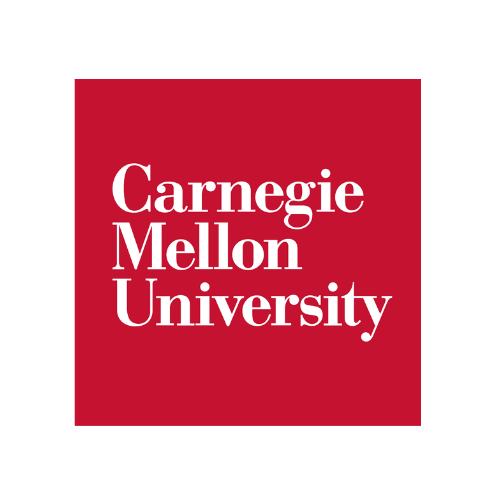


 Unofficial Transcript
Unofficial Transcript  Several Essays
Several Essays .svg) Written Answers
Written Answers  1 Recommendation
1 Recommendation  English Test C1-C2
English Test C1-C2  Online Application From
Online Application From  Application Fee
Application Fee  Standardized Test Scores *
Standardized Test Scores *
 Activities List *
Activities List *



Application deadline: March 1ST


Empowering diverse young minds to apply computation to solve research-inspired questions in modern biology.
 Non-credit
Non-credit
 Residential
Residential
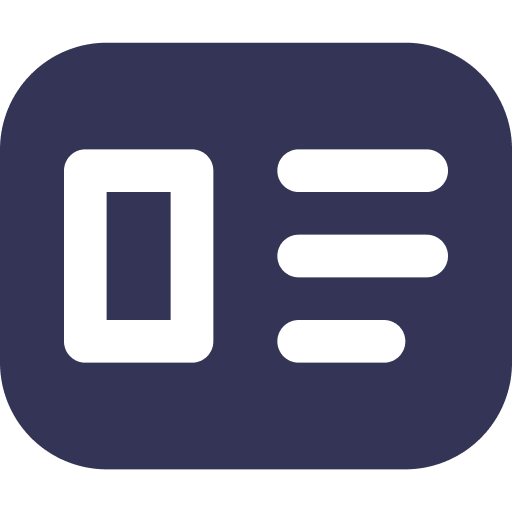 Accepts International Students
Accepts International Students
Program Overview
The Pre-College Program in Computational Biology immerses students in cutting-edge laboratory techniques and the computational methods that bring biological data to life.
Computer science has transformed biology and medicine, and the next generation of life scientists must be fluent in both generating data in the lab and interpreting it with powerful computational tools. Our program gives high school students a rare chance to explore this interdisciplinary frontier in a university setting.
Students tackle real research-inspired problems, from studying microbes in Pittsburgh’s local ecosystems to investigating the impact of COVID-19. After collecting samples in the field, they will isolate bacterial DNA, fragment it into millions of sequences, and analyze these sequences using the same approaches used by computational biologists worldwide.
Each day highlights the synergy between experimentation and computation. Half the day is spent in a hackathon, with students working in teams to code solutions to computational questions inspired by biology. The other half takes place in the lab, where students generate the very datasets they’ll later interpret with their own code.
Carnegie Mellon University, a global leader in automated science, gives students the chance to work with robotic laboratory equipment. Using tools like the Opentrons OT-2 liquid handling robot and custom automation platforms, our students will see firsthand how machine learning and artificial intelligence are reshaping how science is done.
On-campus: residential or commuter
To prepare for the program, admitted students will complete foundational coding lessons from Programming for Lovers, an open education project developed by Professor Phillip Compeau. These preparatory materials ensure that every student arrives ready to dive into computational biology, regardless of prior programming experience.
Programming Preparatory Materials
Preparatory materials will be provided to admitted students in advance of the program to provide fundamental programming skills.
IMPORTANT: Admitted students will be required to complete some assignments taken from this project before starting the program.
To be eligible for Pre-College Computational Biology students must:
- Be at least 16 years old by the program start date.
- Be a current sophomore or junior in high school at the time of application submission. (Please note: talented sophomores are encouraged to apply, however, most of our admitted students will be juniors.)
- Have an academic average of B (3.0/4.0) or better.
 Unofficial Transcript
Unofficial Transcript
 Several Essays
Several Essays
.svg) Written Answers
Written Answers
 1 Recommendation
1 Recommendation
 English Test C1-C2
English Test C1-C2
 Online Application From
Online Application From
 Application Fee
Application Fee
 Standardized Test Scores *
Standardized Test Scores *
 Activities List *
Activities List *
The complete application for Pre-College Computational Biology consists of the following:
- Completed online application
- Unofficial transcript
- Standardized test scores (optional) - Standardized tests are not required. We assess applicants holistically and take into consideration many factors, including quantitative background and skill. One way in which this skill can be demonstrated is through optional submission of PSAT, SAT, ACT, or SAT Subject Test scores and/or by mathematics coursework.
- One letter of recommendation
- Responses to essay prompts (included in the application)
Application Deadlines
- Early Deadline - February 1, 2026. Scholarship and international applications must be submitted by this deadline. Fixed admissions. Decisions sent on March 15.
- Final Deadline - March 1, 2026. Fixed admissions. Decisions sent on April 15.
 Jun 20 - Jul 18
Jun 20 - Jul 18
 4 weeks
4 weeks
 Jun 20 - Jul 18
Jun 20 - Jul 18
 4 weeks
4 weeks
The cost includes:
- Tuition for college-level classes taught by accomplished Carnegie Mellon University faculty.
- Housing on a vibrant and welcoming college campus (residential students only).
- Dining Services that offer diverse eating options emphasizing health, wellness, and delicious food! Dining options include (but are not limited to) vegan, vegetarian, kosher, and Halal.
- CMU ID Card with an Arts Pass providing free admission to a number of museums and venues in the Pittsburgh area.
- Free transportation on the Pittsburgh Regional Transit (PRT) system to attend organized program activities, extra-curricular Student Affairs events, or to explore all that Pittsburgh has to offer.
Additional Fees
• Application Fee - $50
• Enrollment Deposit - $800
Application Fee and Enrollment Deposit are non-refundable.
Scholarships
Full scholarships covering tuition, housing, and dining are available to students demonstrating financial need. You can elect to be considered for a scholarship within the online application.
Please note: International students are not eligible for scholarship consideration.
Scholarship Eligibility
- Be a U.S. citizen or permanent resident
- Be available to attend the entirety of the program
- Demonstrate financial need
Financial Need
Students in any of the below categories are considered to demonstrate financial need:
• Students who have received or are eligible to receive an ACT or SAT testing fee waiver.
• Students who are enrolled in or eligible to participate in the Federal Free or Reduced Price Lunch Program (FRPL).
• Students whose family income falls within or near the Income Eligibility Guidelines set by the USDA Food and Nutrition Service.
• Students who are enrolled in a federal, state, or local program that aids students from low-income families (e.g. TRIO programs such as Upward Bound).
• Students whose family receives public assistance.
• Students who live in federally subsidized public housing, a foster home, or are homeless.
• Students who are a ward of the state or an orphan.
• Students who can provide a supporting statement from a school official, college access counselor, financial aid officer, or community leader.
Documentation of financial need is required to be considered for scholarship opportunities in all available programs.
Documentation required includes tax documents or a completed NACAC Application Fee Waiver signed by your high school guidance department.




 Unofficial Transcript
Unofficial Transcript
 Several Essays
Several Essays
.svg) Written Answers
Written Answers
 1 Recommendation
1 Recommendation
 English Test C1-C2
English Test C1-C2
 Online Application From
Online Application From
 Application Fee
Application Fee
 Standardized Test Scores *
Standardized Test Scores *
 Activities List *
Activities List *



Application deadline: March 1ST

Useful Resources






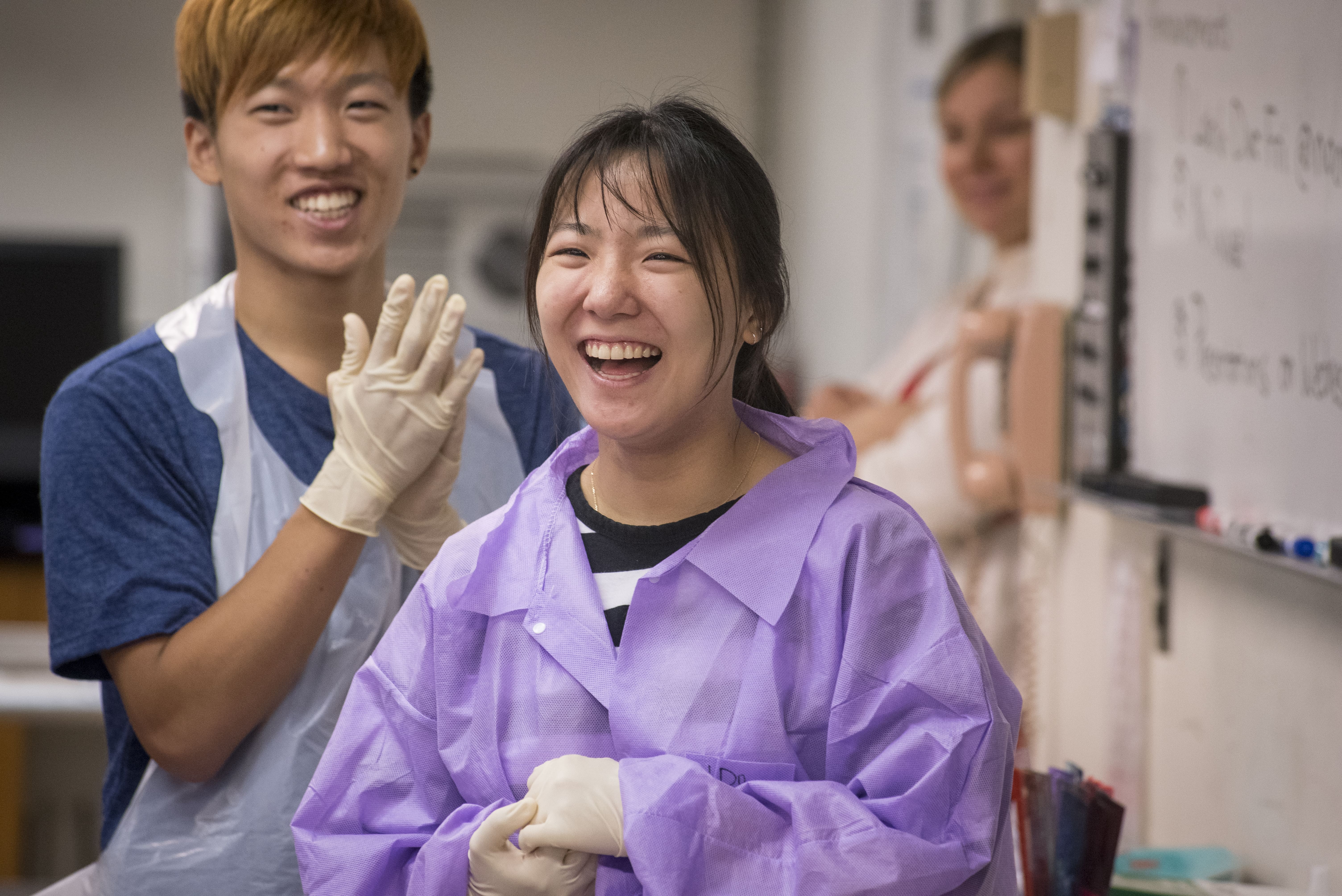
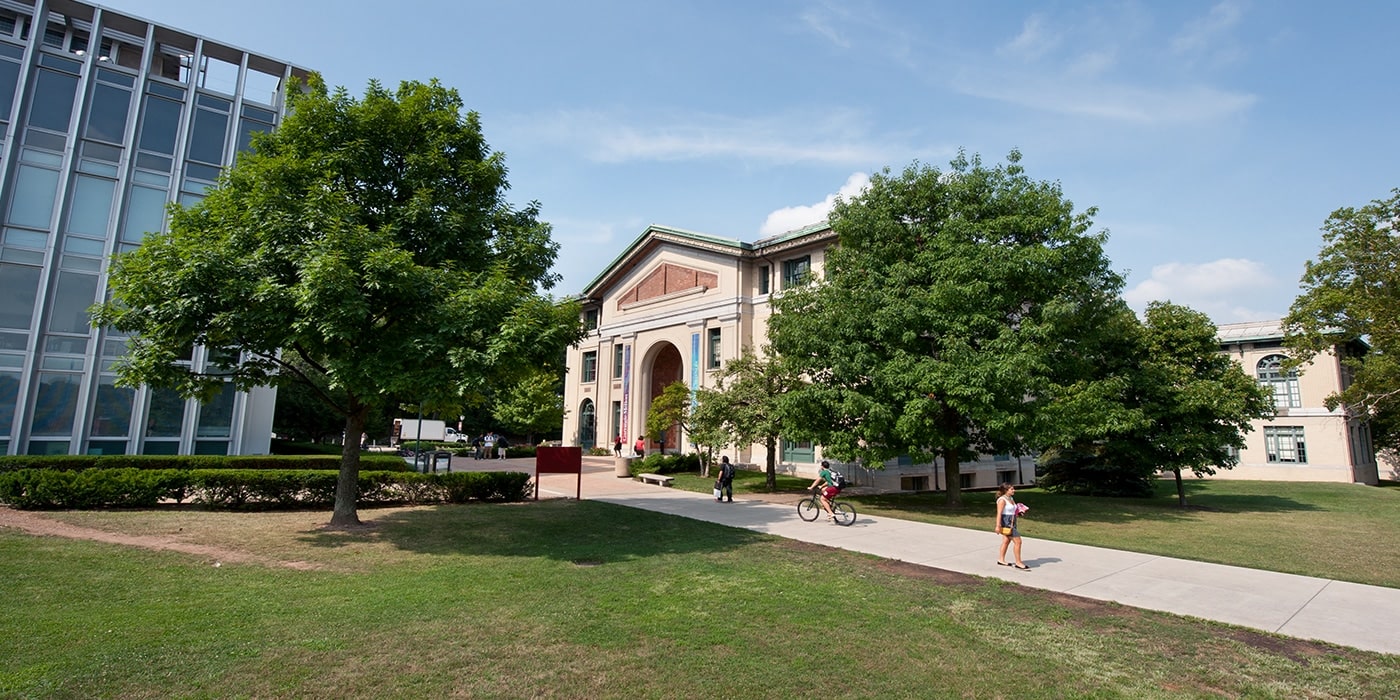
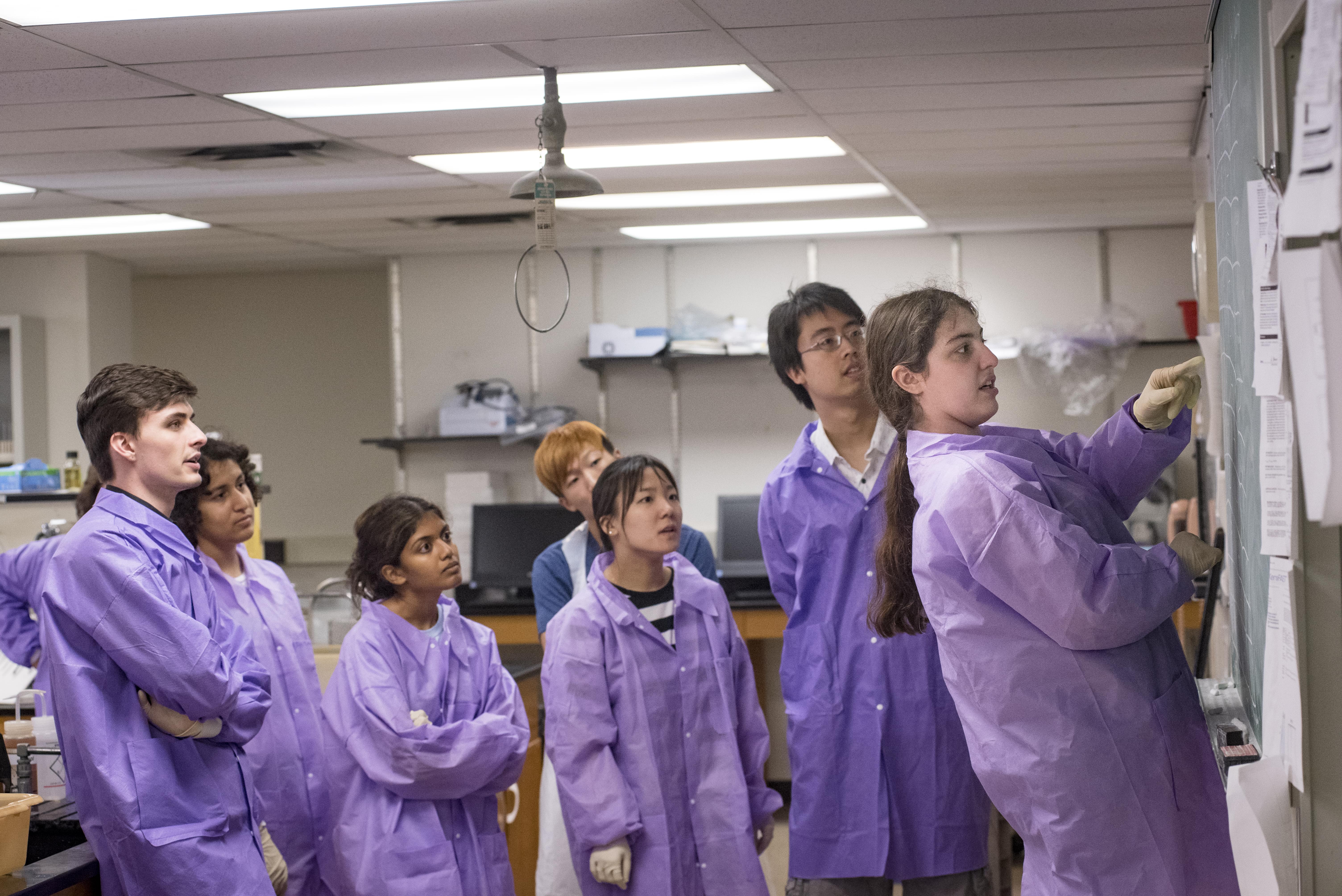
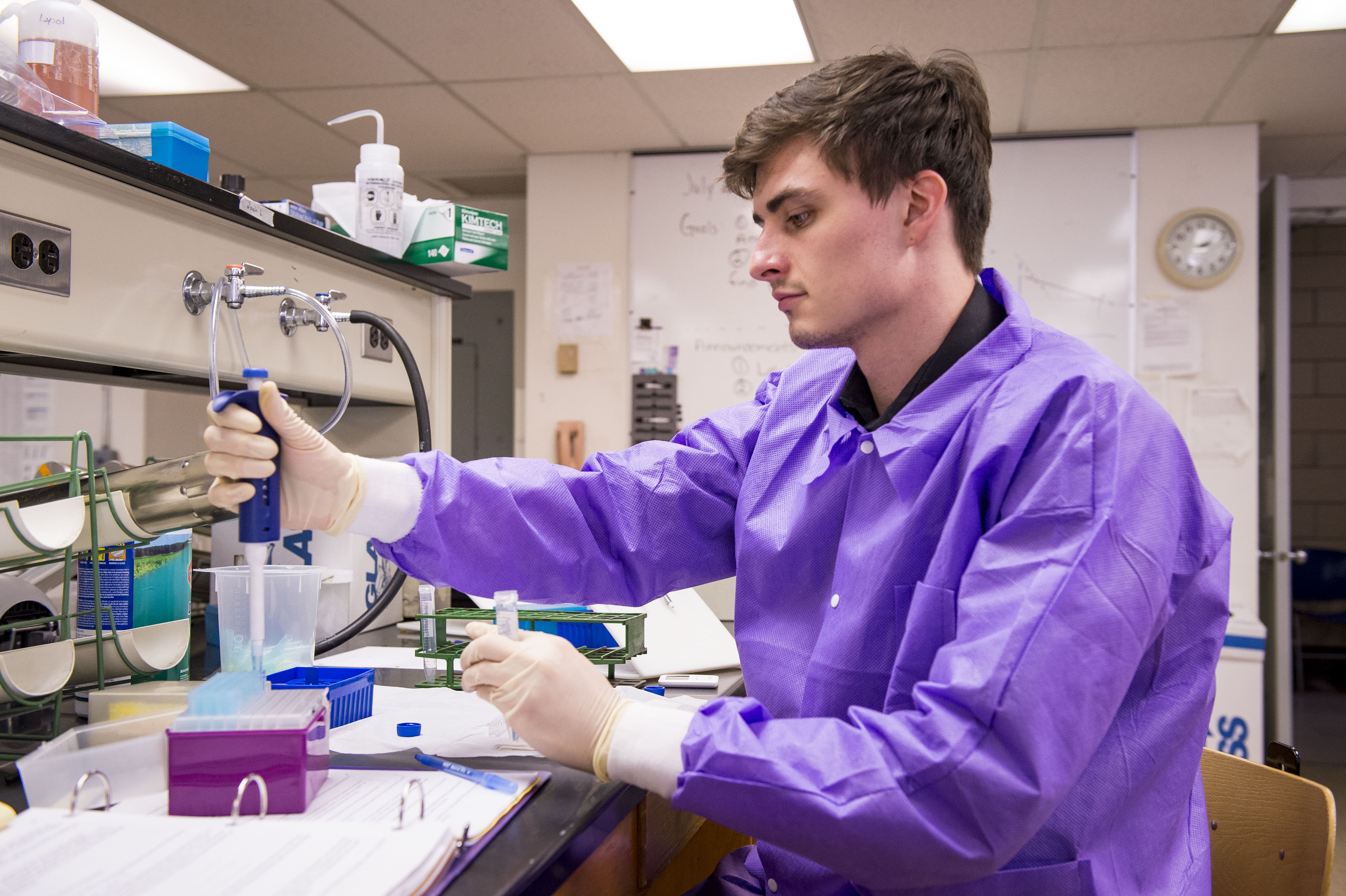





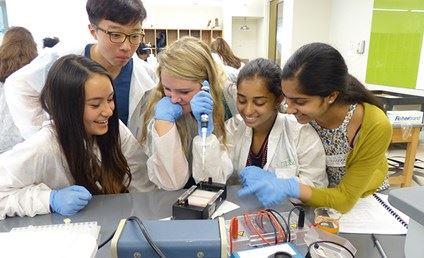



Tell us your
opinion about us